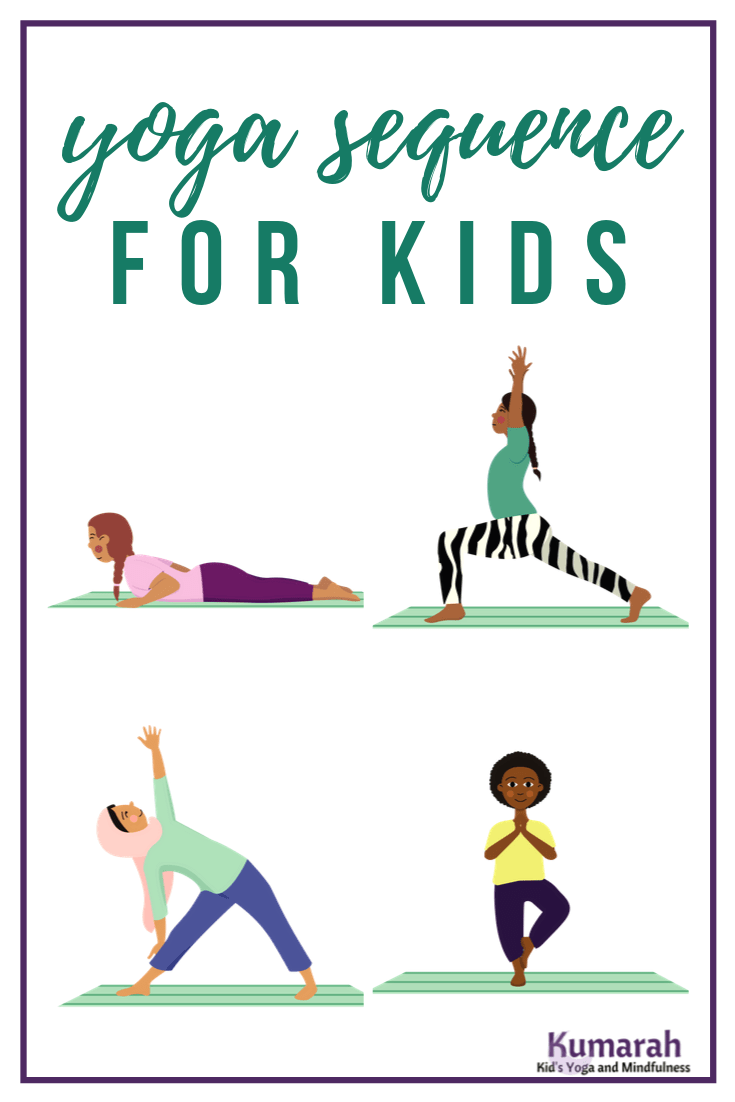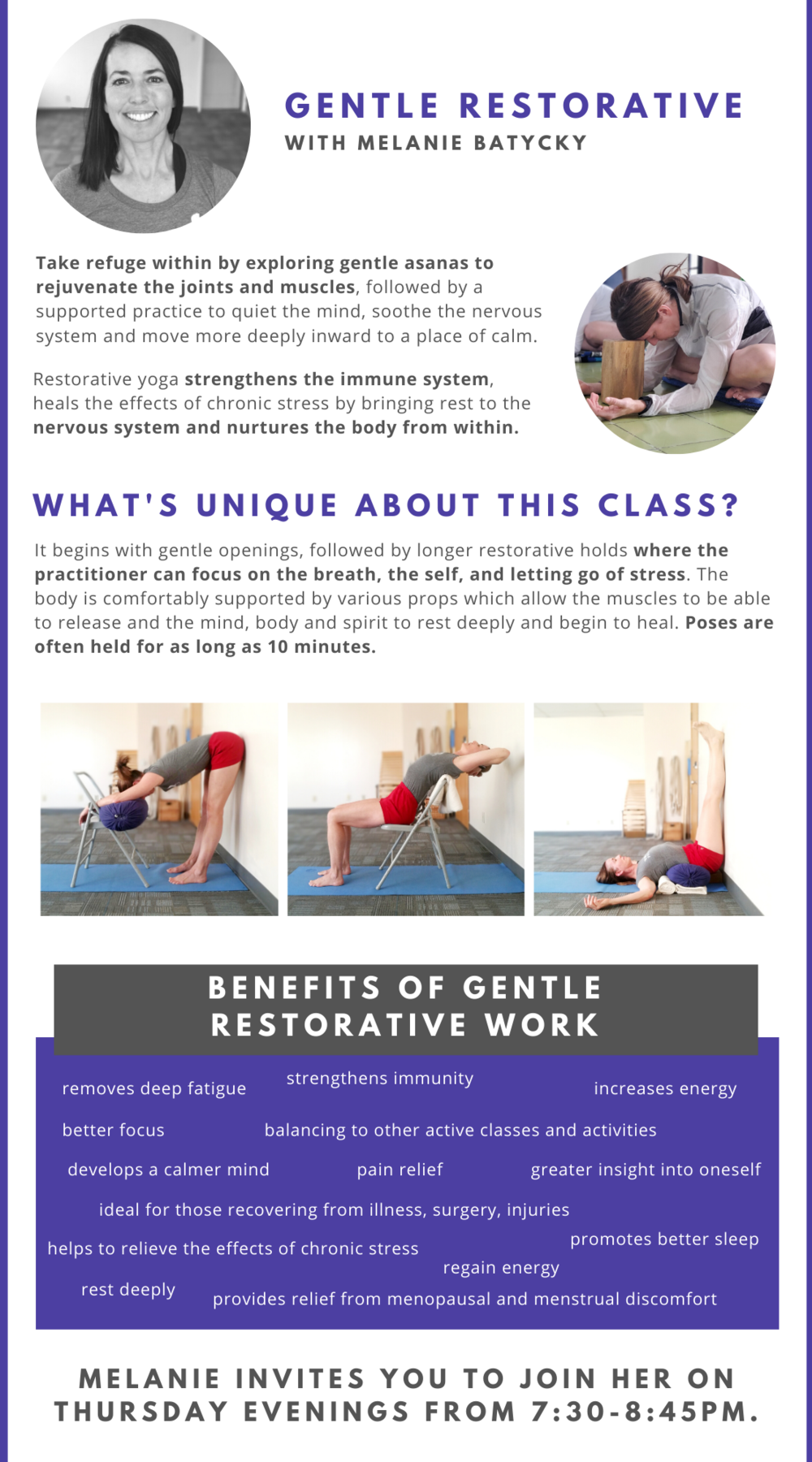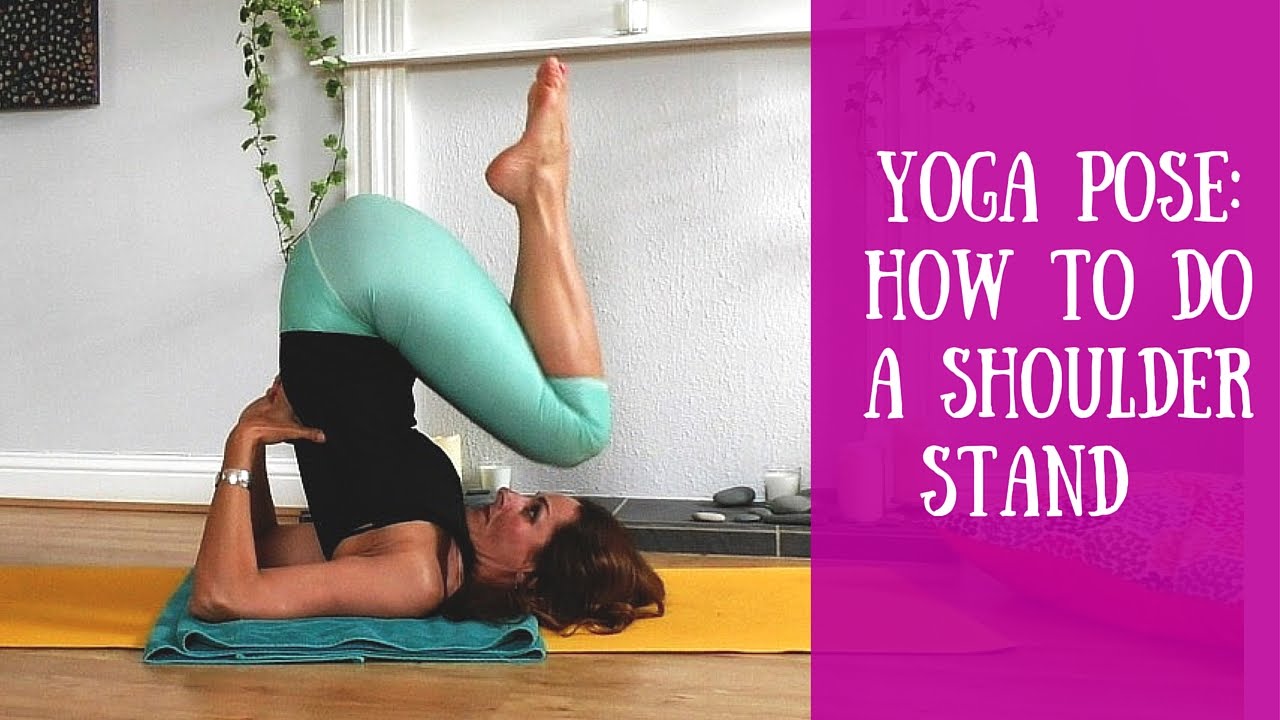
Performing yoga regularly is an excellent way to improve your flexibility, particularly in your back, hips, and thighs. This pose increases blood flow to the lower abdomen, reduces stress, and can also improve blood flow throughout the body. Place your hands on your stomach and extend your legs forward. Fold your hips forward slowly by placing your arms below your shoulders. This pose can be held for up to 2 minutes. Keep going until you are satisfied.
While yoga may seem like an ideal way to become flexible, the benefits of yoga stretch far beyond improving your posture. This discipline helps you improve your health and well-being and helps you get into more poses. It is important to stretch as part of your practice. It may take some time before you master the poses. However, it is well-worth the effort. Once you achieve a certain level in flexibility, you will be able to take on more challenging poses.

Standing leg pose. This pose is a modified version Downward Facing Dog except that you can extend one foot higher. Your goal is to extend your left foot along the floor, and then lift your right leg toward the ceiling. Modifying the pose is possible by straightening or bentening your knees. You can also try standing leg pose, which encourages you to open your hips. Simply lower your knees toward the ground and concentrate on your tips.
Forward bends will help the hamstrings. This pose will open the chest and reduce back pain. To do this pose, either sit on the ground or on a blanket or block. Hold the pose for 30 seconds by squeezing your left hand together with your right. You should feel the stretching and release in your shoulder and neck muscles during this time.
The half forward bend is a great way to make your spine flexible. Spread your fingers out between your fingers and place your hands on top of your head. Place your arms around your head and press them towards your knee. This will help to open your hips as well as your hamstrings. To help you reach your full stretch height, you can wrap the strap around the back of your foot if you have strong legs. You can use a belt to replace the strap.

The Child's Pose is a very popular yoga pose and can be used in many ways. It is a resting pose that helps the spine stretch. It improves flexibility and strength of the hamstrings. It is a great choice for beginners. Place your hands on the floor and place your legs in front of you. Next, bend your knees 90 degrees to raise your legs and then place your hands underneath your shoulders. This will increase the strength of your lower back muscles by keeping your neck and head up.
FAQ
How can I prevent my mental health problems from happening?
It's not always easy to prevent mental illness. These are some tips to remember:
-
Don't drink alcohol. You can have a negative effect on your mood and increase your chance of getting depressed.
-
Avoid drugs. Drugs can affect your brain chemistry and make you feel worse.
-
Get enough sleep. You can feel anxious or depressed if you don't get enough sleep.
-
Exercise regularly. Exercise is good for your mood and makes you feel happier.
-
Choose healthy foods. Eating junk food can make you feel sluggish and unhappy.
-
Spend quality time spending it with loved ones. Spending quality time with the people you love can lift your mood.
-
Have fun. Have fun!
-
You should take breaks from social media. Social media sites can make it difficult to feel alone and lonely.
-
Be kind to yourself. Treat yourself nicely, even if you aren't feeling great.
-
Ask for help. If you're struggling to cope, ask for help. Talking to a friend or family member can help.
-
Remember, it's OK to cry. Crying helps to relieve tension and stress. It doesn't necessarily signify that something bad has happened.
-
Keep busy. Try doing something you enjoy.
-
It is important to maintain good hygiene. Poor hygiene can make you feel unkempt and unattractive.
-
Stay connected. Connecting with others will help you stay positive.
-
Learn how you can relax. Relaxation techniques such as meditation and yoga can help you to cope with stress.
-
Find meaning in the things you do. Finding meaning in your hobbies or work can help you feel fulfilled.
-
Concentrate on the moment. If you can focus on the moment, you will not worry as much about the future.
-
Set goals. You can set goals to motivate yourself to reach them.
-
Do something for yourself. It can increase self-esteem to do something nice for yourself.
-
Practice gratitude. Gratitude helps you to appreciate all of the good things about your life.
-
Volunteer. Volunteering can provide a rewarding way to spend time with friends and make an impact on the world.
-
Give back. Giving back to others is a way to feel fulfilled.
-
Be alert for warning signs. If you notice any changes in your behavior, don't hesitate to reach out for help.
Why is it important that students have a healthy mind?
Students need to feel good about their mental health in order to be able focus on school and succeed academically. If you don't feel good, you won't be able to perform well in school. Students suffering from depression are more likely to miss class, which can lead them to get poor grades. This can lead to dropping out from high school or college.
Talk to your teachers or parents if you are struggling with depression. These people will be able help you receive the care that you require.
It's important to note that not everyone who struggles with depression needs medication. Talk therapy can be very effective for many people. Talk therapy is effective for many people.
What does my mental health have to do with my relationships?
Your mental health affects every aspect of your life. It affects your ability function properly at school, work, and home. Mental health issues can also make it challenging to form meaningful relationships.
If you are dealing with a mental disorder, it can be easy to isolate yourself. You might avoid social situations or feel unworthy because no one understands.
However, it's important to remember that people want to be around you. They just need to learn how to approach and approach you.
Talking to others about your feelings can help you connect with them. Ask for their guidance and tell them how you feel.
What do psychologists have to say about mental illness?
Psychologists believe that mental wellbeing is essential for human development. Psychologists also believe mental health is about more than having no mental illnesses. It's also about being mentally fit.
Psychologists have different views regarding mental health. Psychologists believe that mental health does not need to be important because so many people do not have mental illness. Other psychologists believe that mental health is extremely important because, without it, we cannot function properly.
Statistics
- Similarly, for positive mental health, there is likely to be substantial agreement about some typical components (e.g., resilience to stress) 6, and controversy about more atypical components (e.g., career consolidation). (ncbi.nlm.nih.gov)
- More than 40 million adults in the United States have an anxiety disorder, but less than 37% of people seek mental health treatment for their symptoms. (talkspace.com)
- It means no drinking any alcoholic beverages and no taking any drugs that aren't 100% natural.
- More than 50% will be diagnosed with a mental illness or disorder at some point in their lifetime.3 (cdc.gov)
- Similarly, while there is some agreement about the boundaries of typical mental disorders 2, there is likely less agreement about those for positive mental health. (ncbi.nlm.nih.gov)
External Links
How To
How to improve your memory
Memory is something that everyone would love to be able remember better. Unfortunately, memory decline is something we all experience at some point. More than half of Americans over 65 are affected by some type of dementia.
There are many options available to improve your memory, regardless of whether you have Alzheimer's or dementia. Here are three easy steps that you can start today:
-
Get more fruits and vegetables. Vegetables and fruits are rich in antioxidants, vitamins and minerals as well as fiber and phytochemicals which can boost brain function. They also contain vital nutrients that protect against neurological illnesses.
-
Get Enough Sleep. Lack of sleep has been linked with memory loss and poor concentration. Make sure you get seven to eight hours of restful sleep each night.
-
Take a Walk. Walking stimulates blood circulation to the brain, which improves memory. Walking helps you look slimmer, healthier, and more energetic.